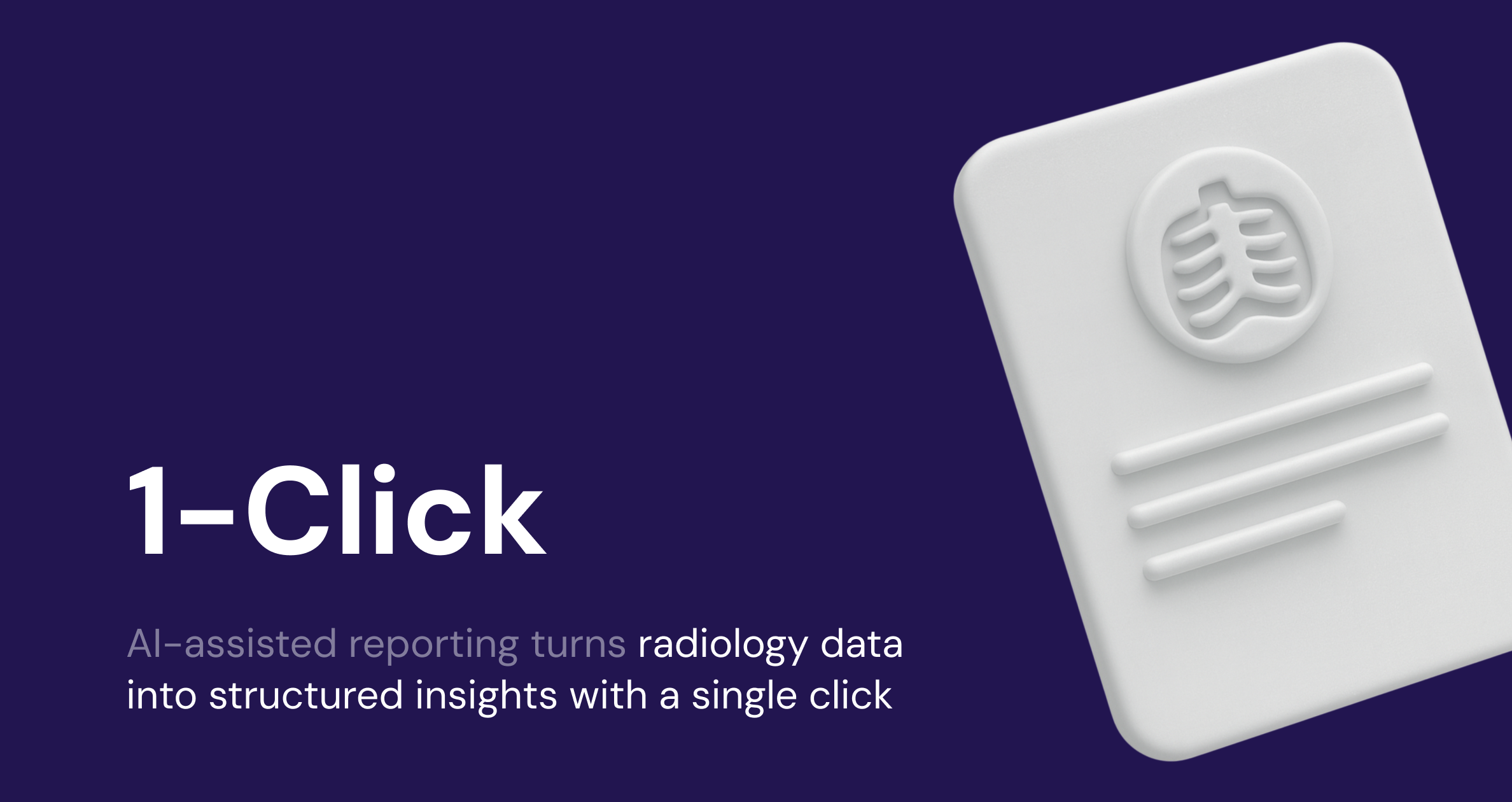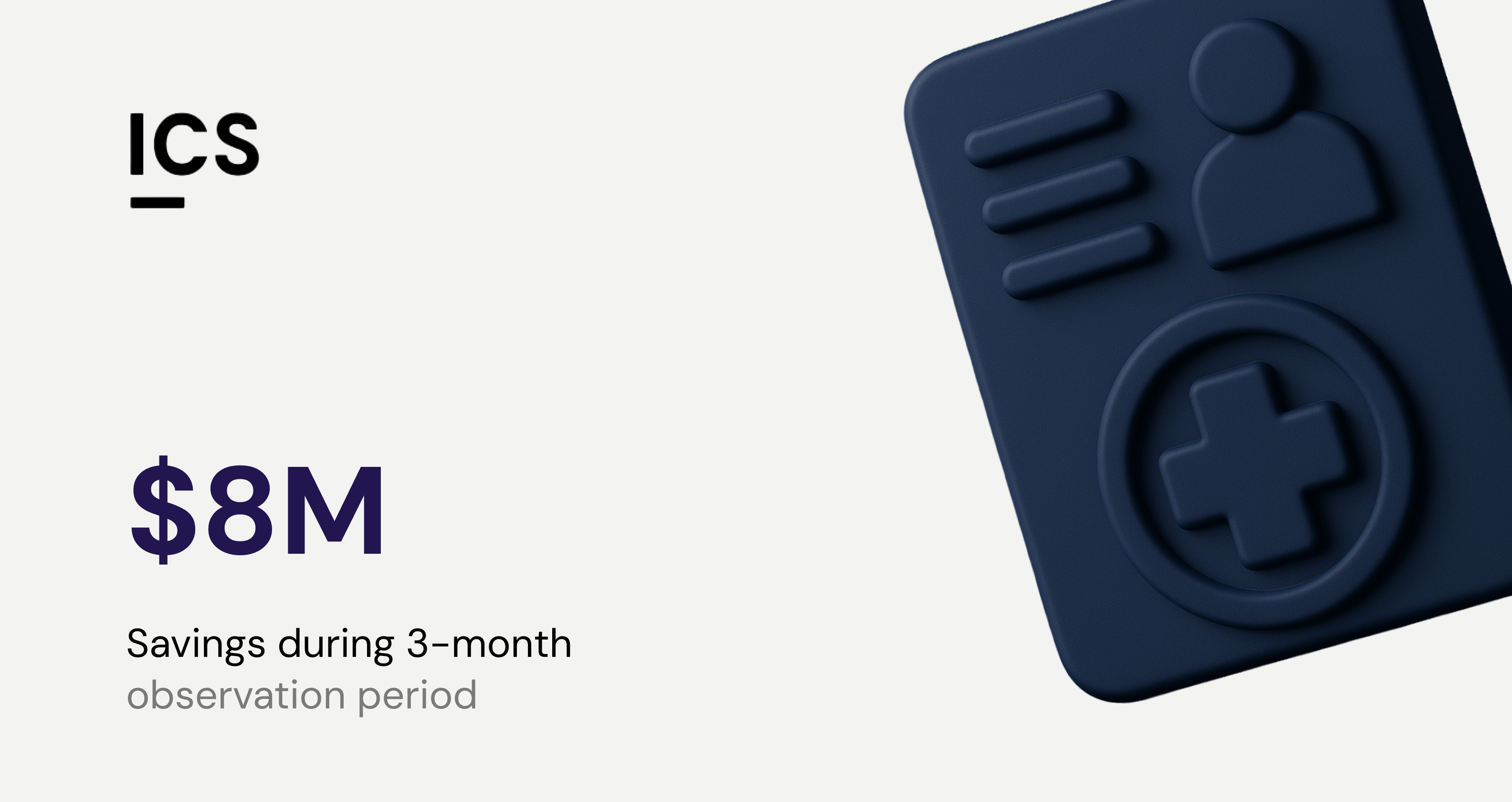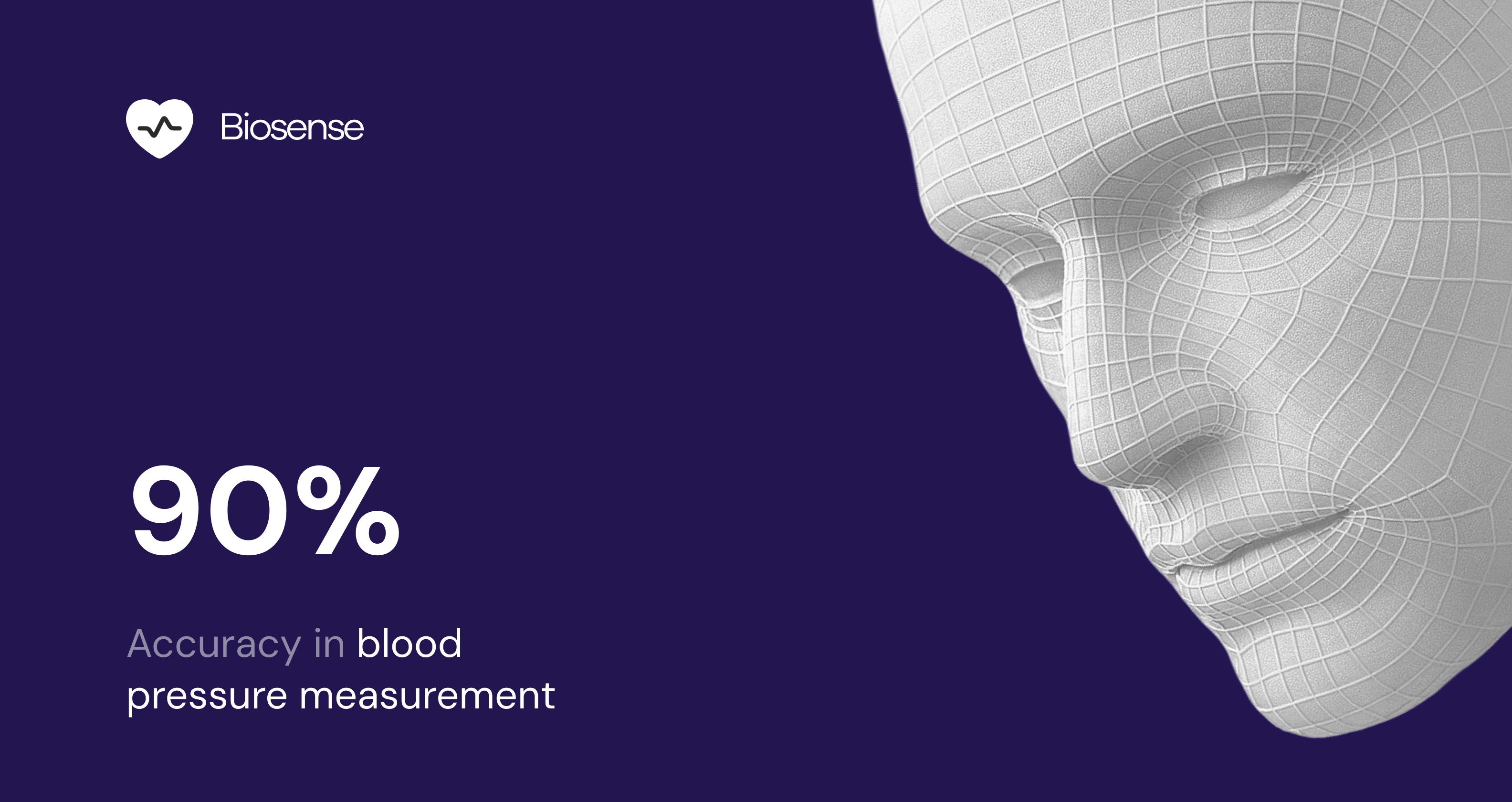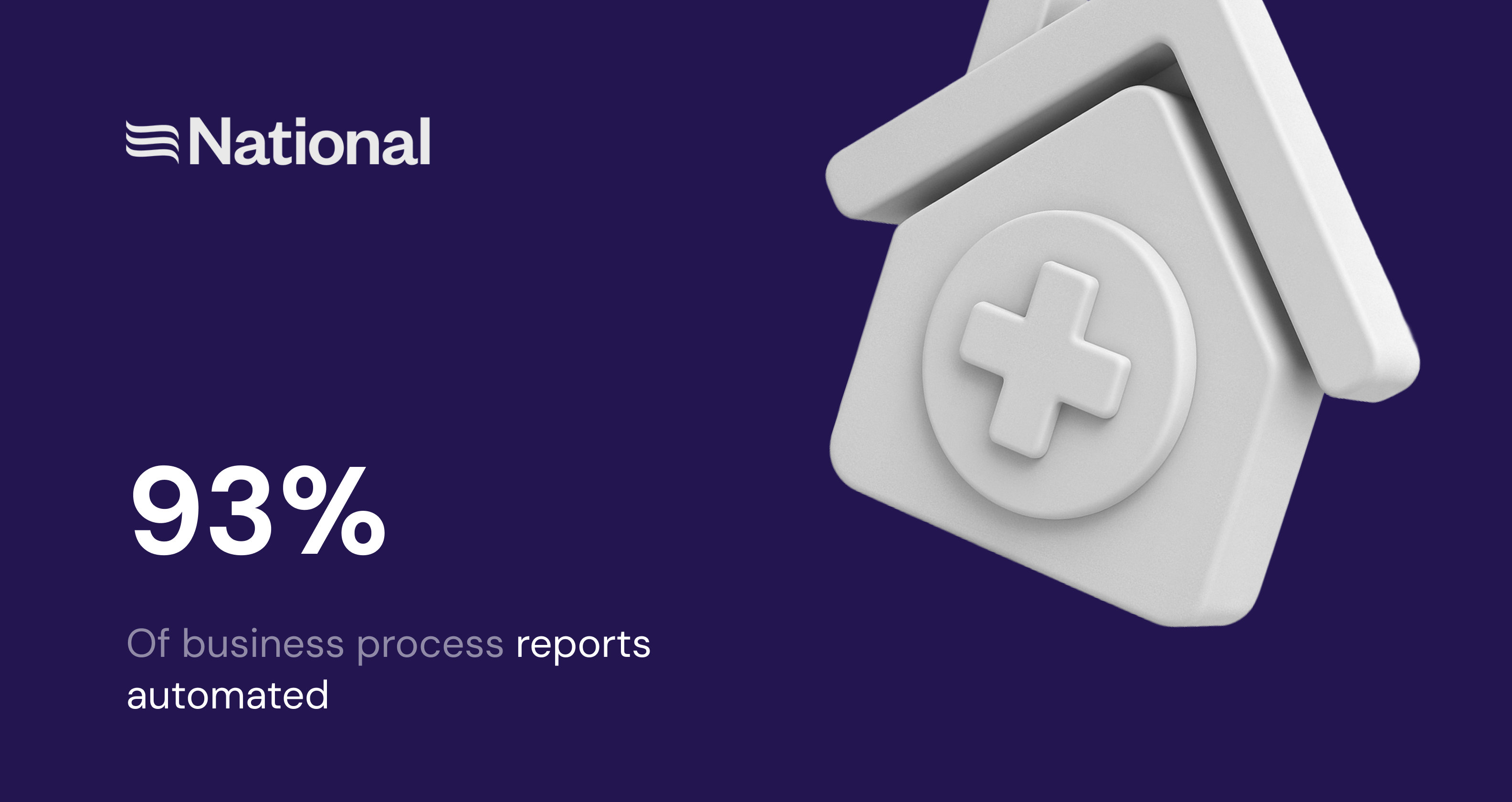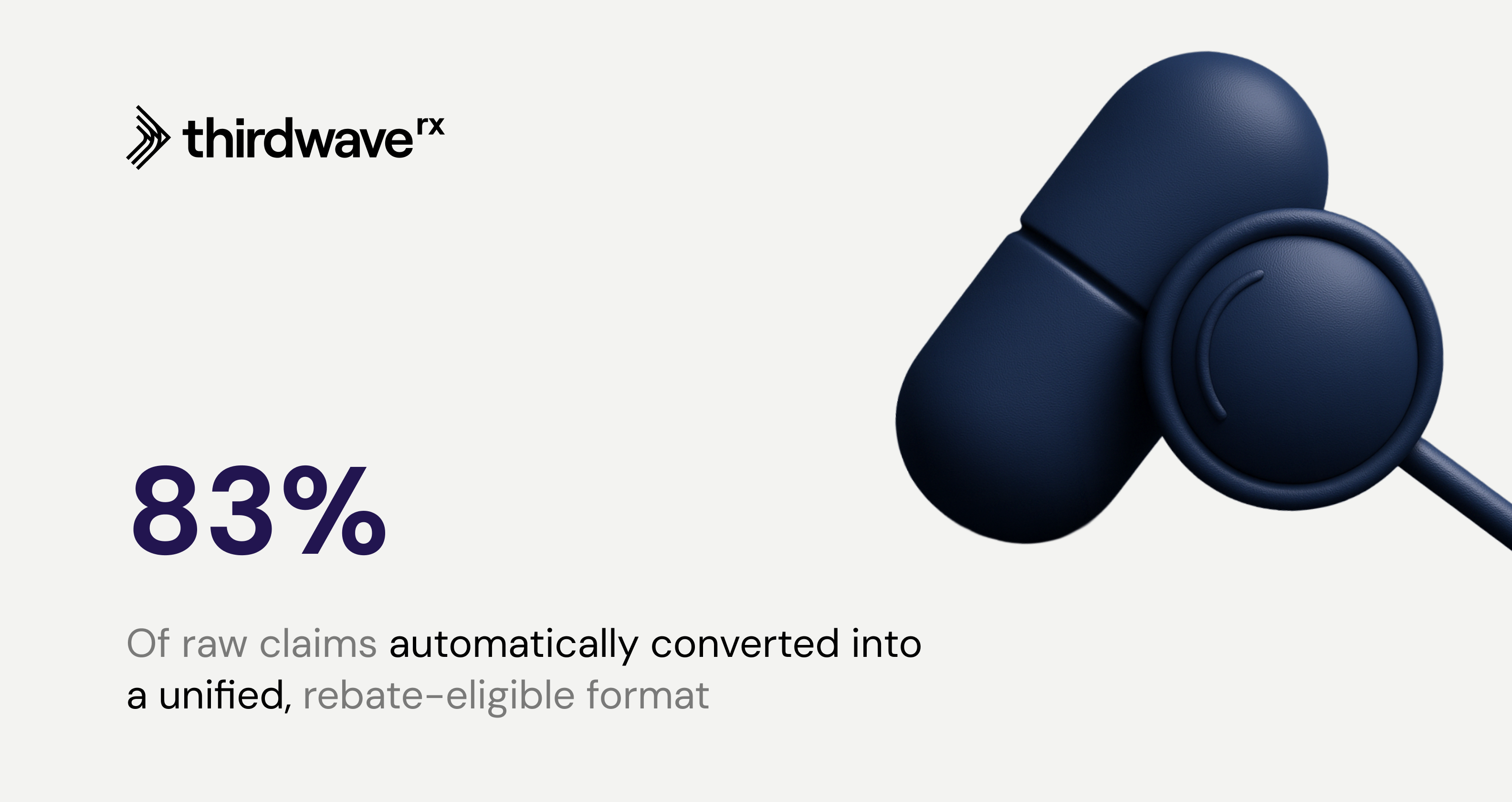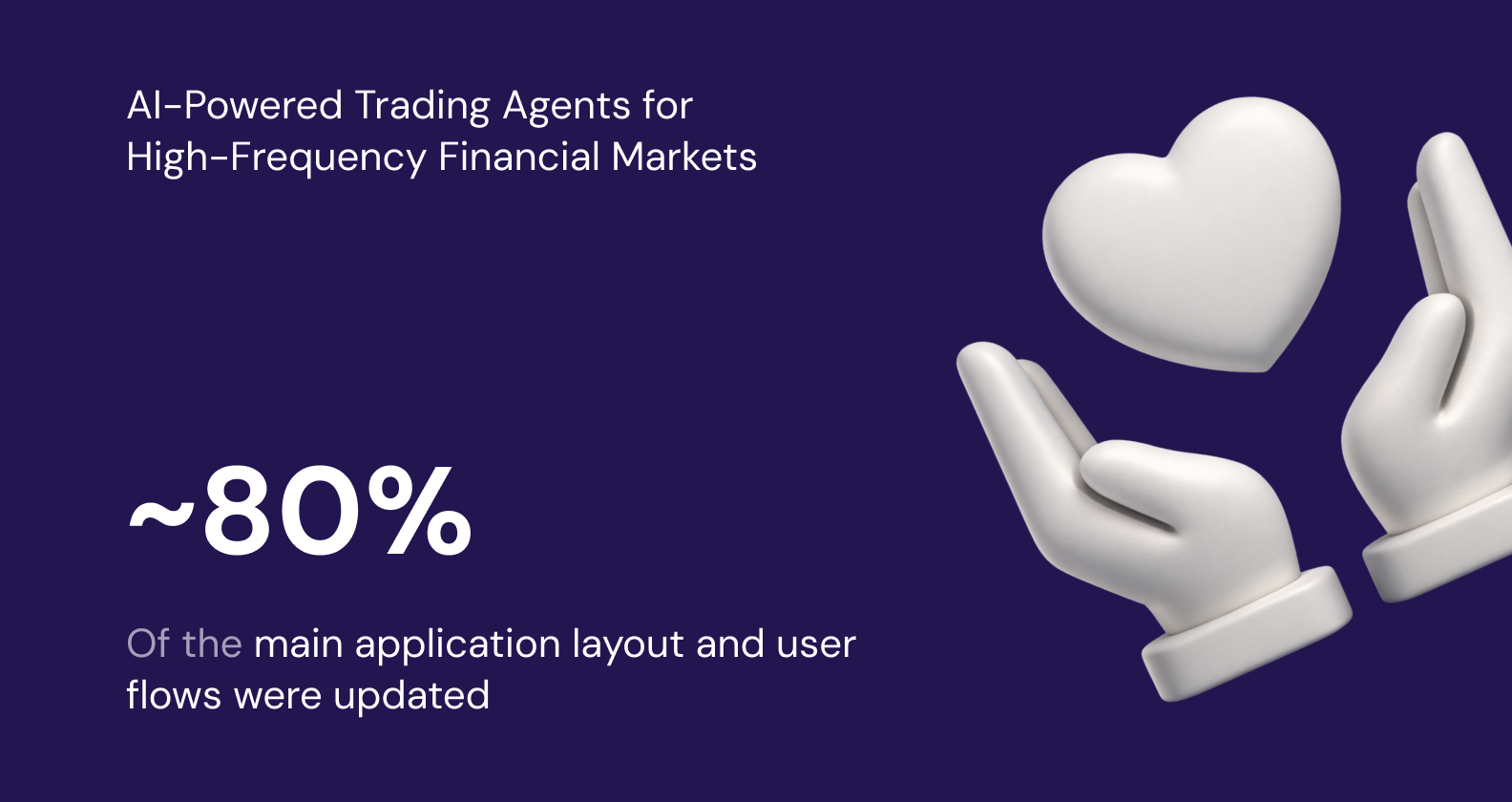The study examines the impact of war on individuals with type 2 diabetes (T2D) in Ukraine, focusing on how war-related stressors contribute to disease progression. It analyzes data from a nationwide survey of 1,193 patients conducted between June 2022 and February 2024, evaluating changes in HbA1c levels. The findings reveal a significant deterioration in glycemic control, particularly in regions experiencing intense conflict. The study identifies key risk factors, including displacement, occupation, lack of medical care, and limited access to glucose monitoring. The results emphasize the need for improved diabetes care strategies to mitigate the adverse effects of war on health.
Takeaways:
- The war in Ukraine significantly worsened glycemic control in T2D patients, with median HbA1c levels rising from 7.8% to 8.4%.
- Patients in eastern and northern Ukraine showed the highest deterioration in glycemic control due to intense military activity.
- Exposure to war-related stressors, such as armed attacks, occupation, displacement, and family member injuries or deaths, increased HbA1c levels.
- Limited access to endocrinologists, irregular glucose monitoring, poor diet consistency, and reduced physical activity further contributed to disease progression.
- The cumulative impact of war-related factors highlights the urgent need for targeted interventions and improved healthcare access for T2D patients.
- Identifying high-risk patients can help develop policies to prevent diabetes complications and maintain better glycemic control.
- Strengthening healthcare infrastructure, ensuring medication access, and providing psychological support are critical to improving diabetes care during conflicts.



